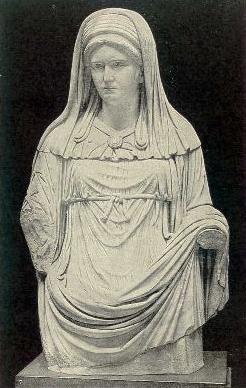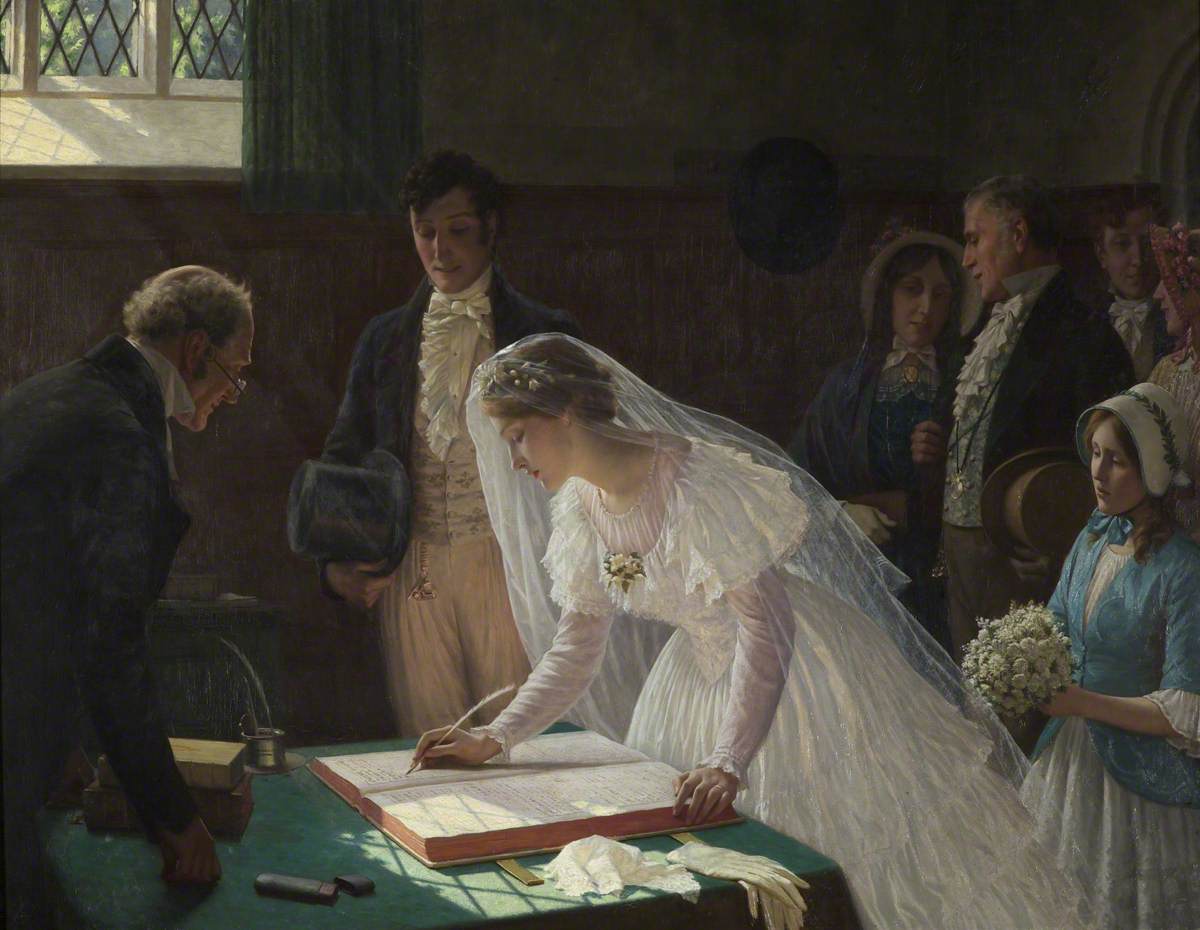|
Ali Soilih
Ali Soilih M'Tsashiwa (; January 7, 1937 – May 29, 1978) was a Comorian socialist revolutionary and political figure who served as the third President of the Comoros from 3 January 1976 to 13 May 1978. Biography Soilih was born in Majunga, Madagascar on 7 January 1937. He spent much of his early life there, and was educated in Madagascar and France. During the early 1960s, he traveled to Comoros, where he worked in agriculture and economic development. Rise to power In 1967, Ali Soilih was elected to the National Assembly. In 1970, Ali Soilih entered politics as a supporter of Said Ibrahim, leader of the Democratic Assembly of the Comoran People, ''Rassemblement démocratique du Peuple Comorien'' (RDPC). He was appointed minister of equipment and tourism. He soon developed an ideology of hostility towards France as the former colonial power. His ideas were socialist, and he renounced his Islamic faith and became an atheist. On August 3, 1975, less than a month after C ... [...More Info...] [...Related Items...] OR: [Wikipedia] [Google] [Baidu] |
President Of Comoros
This article lists the heads of state of the Comoros, since the country gained independence from France in 1975. Term limits A new constitution, approved in the 2018 constitutional referendum allows the president to run for two consecutive five-year terms. Previously during the time of Union of the Comoros, there was a one-term rotational system in place to share the presidency between Grande Comore, Anjouan and Mohéli. List of officeholders Timeline Succession Article 58 of the Comorian Constitution states that "in case of absolute absence of a President" the following should happen: * If the absence (death, resignation, etc.) should occur within the first 900 days of the term, the cabinet ministers and other members of the government select among the ministers a "main minister" to serve as Interim President. Elections must also be called in no more than 60 days after the absence of the President occurs; the person who wins those elections will be president for the rem ... [...More Info...] [...Related Items...] OR: [Wikipedia] [Google] [Baidu] |
Socialist
Socialism is an economic ideology, economic and political philosophy encompassing diverse Economic system, economic and social systems characterised by social ownership of the means of production, as opposed to private ownership. It describes the Economic ideology, economic, Political philosophy, political, and Social theory, social theories and Political movement, movements associated with the implementation of such systems. Social ownership can take various forms, including State ownership, public, Community ownership, community, Collective ownership, collective, cooperative, or Employee stock ownership, employee.: "Just as private ownership defines capitalism, social ownership defines socialism. The essential characteristic of socialism in theory is that it destroys social hierarchies, and therefore leads to a politically and economically egalitarian society. Two closely related consequences follow. First, every individual is entitled to an equal ownership share that earns an ... [...More Info...] [...Related Items...] OR: [Wikipedia] [Google] [Baidu] |
Tanzania People's Defence Force
The Tanzania People’s Defence Force (TPDF) () is the military force of the United Republic of Tanzania. It was established in September 1964, following a mutiny by the former colonial military force, the Tanganyika Rifles. From its inception, it was ingrained in the troops of the new TPDF that they were a people's force under civilian control. Unlike some of its neighbouring countries, Tanzania has never suffered a coup d'état or civil war. The TPDF's mission is to defend Tanzania and every Tanzanian, especially the people and their political ideology. Conscripts are obligated to serve 2 years as of 2004. History After an aborted mutiny in January 1964, the existing army was disbanded. The new force was titled the 'Tanganyika Military Force', from 25 January 1964 - 26 April 1964. The Tanzanian government concluded that the former British model was not appropriate for the needs of an independent African state. Fresh recruits were sourced from the Tanganyika African National ... [...More Info...] [...Related Items...] OR: [Wikipedia] [Google] [Baidu] |
Veil
A veil is an article of clothing or hanging cloth that is intended to cover some part of the human head, head or face, or an object of some significance. Veiling has a long history in European, Asian, and African societies. The practice has been prominent in different forms in Judaism, Christianity, and Islam. The practice of veiling is especially associated with women and sacred objects, though in some cultures, it is men, rather than women, who are expected to wear a veil. Besides its enduring religious significance, veiling continues to play a role in some modern secular contexts, such as wedding customs. History Antiquity Elite women in ancient Mesopotamia and in the Rise of Macedon, Macedonian and Persian Empire, Persian empires wore the veil as a sign of respectability and high status. The earliest attested reference to veiling is found a Middle Assyrian Empire, Middle Assyrian law code dating from between 1400 and 1100 BC. Assyria had explicit sumptuary laws detailin ... [...More Info...] [...Related Items...] OR: [Wikipedia] [Google] [Baidu] |
Cannabis (drug)
Cannabis (), commonly known as marijuana (), weed, pot, and ganja, List of slang names for cannabis, among other names, is a non-chemically uniform psychoactive drug from the ''Cannabis'' plant. Native to Central or South Asia, cannabis has been used as a drug for both recreational and Entheogenic use of cannabis, entheogenic purposes and in various traditional medicines for centuries. Tetrahydrocannabinol (THC) is the main psychoactive component of cannabis, which is one of the 483 known compounds in the plant, including at least 65 other cannabinoids, such as cannabidiol (CBD). Cannabis can be used Cannabis smoking, by smoking, Vaporizer (inhalation device), vaporizing, Cannabis edible, within food, or Tincture of cannabis, as an extract. Cannabis has effects of cannabis, various mental and physical effects, which include euphoria, altered states of mind and Cannabis and time perception, sense of time, difficulty concentrating, Cannabis and memory, impaired short-term memo ... [...More Info...] [...Related Items...] OR: [Wikipedia] [Google] [Baidu] |
Funeral
A funeral is a ceremony connected with the final disposition of a corpse, such as a burial or cremation, with the attendant observances. Funerary customs comprise the complex of beliefs and practices used by a culture to remember and respect the dead, from interment, to various monuments, prayers, and rituals undertaken in their honour. Customs vary between cultures and religious groups. Funerals have both normative and legal components. Common secular motivations for funerals include mourning the deceased, celebrating their life, and offering support and sympathy to the bereaved; additionally, funerals may have religious aspects that are intended to help the soul of the deceased reach the afterlife, resurrection or reincarnation. The funeral usually includes a ritual through which the corpse receives a final disposition. Depending on culture and religion, these can involve either the destruction of the body (for example, by cremation, sky burial, decomposition, disintegr ... [...More Info...] [...Related Items...] OR: [Wikipedia] [Google] [Baidu] |
Wedding
A wedding is a ceremony in which two people are united in marriage. Wedding traditions and customs vary greatly between cultures, ethnicity, ethnicities, Race (human categorization), races, religions, Religious denomination, denominations, Country, countries, social classes, and sexual orientations. Most wedding ceremonies involve an exchange of marriage vows by a couple; a presentation of a gift (e.g., an offering, rings, a symbolic item, flowers, money, or a dress); and a public proclamation of marriage by an authority figure or Celebrant (Australia), celebrant. Special wedding garments are often worn, and the ceremony is sometimes followed by a wedding reception. Music, poetry, prayers, or readings from religious texts or literature are also commonly incorporated into the ceremony, as well as Wedding superstitions, superstitious customs. Common elements across cultures Some cultures have adopted the traditional Western custom of the white wedding, in which a bride wear ... [...More Info...] [...Related Items...] OR: [Wikipedia] [Google] [Baidu] |
Progressivism
Progressivism is a Left-right political spectrum, left-leaning political philosophy and Reformism, reform political movement, movement that seeks to advance the human condition through social reform. Adherents hold that progressivism has universal application and endeavor to spread this idea to human societies everywhere. Progressivism arose during the Age of Enlightenment out of the belief that civility in Europe was improving due to the application of new Empirical evidence, empirical knowledge.Harold Mah''Enlightenment Phantasies: Cultural Identity in France and Germany, 1750–1914'' Cornell University. (2003). p. 157. In modern political discourse, progressivism is often associated with social liberalism, a left-leaning type of liberalism, and social democracy. Within economic progressivism, there is some ideological variety on the social liberal to social democrat continuum, as well as occasionally some variance on cultural issues; examples of this include some Christian ... [...More Info...] [...Related Items...] OR: [Wikipedia] [Google] [Baidu] |
Economic Independence
Autarky is the characteristic of self-sufficiency, usually applied to societies, communities, states, and their economic systems. Autarky as an ideology or economic approach has been attempted by a range of political ideologies and movements, particularly leftist ones like African socialism, mutualism, war communism, communalism, swadeshi, syndicalism (especially anarcho-syndicalism), and left-wing populism, generally in an effort to build alternative economic structures or to control resources against structures a particular movement views as hostile. However, some right-wing ones, like nationalism, conservatism, and anti-globalism, along with even some centrist movements, have also adopted autarky, generally on a more limited scale, to develop a particular industry, to gain independence from other national entities or to preserve part of an existing social order. Proponents of autarky have argued for national self-sufficiency to reduce foreign economic, political, and cultu ... [...More Info...] [...Related Items...] OR: [Wikipedia] [Google] [Baidu] |
Islamic Philosophy
Islamic philosophy is philosophy that emerges from the Islamic tradition. Two terms traditionally used in the Islamic world are sometimes translated as philosophy—''falsafa'' (), which refers to philosophy as well as logic, mathematics, and physics; and ''kalam'' (), which refers to a Rationalism, rationalist form of Schools of Islamic theology#ʿIlm_al-Kalām, Scholastic Islamic theology which includes the schools of Maturidiyah, Ashari, Ashaira and Mu'tazila. Early Islamic philosophy began with al-Kindi in the 2nd century of the Islamic calendar (early 9th century CE) and ended with Averroes, Ibn Rushd (Averroes) in the 6th century AH (late 12th century CE), broadly coinciding with the period known as the Islamic Golden Age, Golden Age of Islam. The death of Averroes effectively marked the end of a specific discipline of Islamic philosophy usually called the Islamic peripatetic school, and philosophical activity declined significantly in the west of the Islamic world, includ ... [...More Info...] [...Related Items...] OR: [Wikipedia] [Google] [Baidu] |
Maoism
Maoism, officially Mao Zedong Thought, is a variety of Marxism–Leninism that Mao Zedong developed while trying to realize a socialist revolution in the agricultural, pre-industrial society of the Republic of China (1912–1949), Republic of China and later the People's Republic of China. A difference between Maoism and traditional Marxism–Leninism is that a united front of progressive forces in class society would lead the vanguardism, revolutionary vanguard in pre-industrial societies rather than communist revolutionaries alone. This theory, in which revolutionary Praxis (process), praxis is primary and ideological orthodoxy is secondary, represents urban Marxism–Leninism adapted to pre-industrial China. Later theoreticians expanded on the idea that Mao had adapted Marxism–Leninism to Chinese conditions, arguing that he had in fact updated it fundamentally and that Maoism could be applied universally throughout the world. This ideology is often referred to as Marxism� ... [...More Info...] [...Related Items...] OR: [Wikipedia] [Google] [Baidu] |
Comorian Presidential Referendum, 1977
A referendum on the presidency of Ali Soilih was held in the Comoros on 28 October 1977. The result was 57% in favour and 43% against, with a 92% voter turnout. African Elections Database Despite the backing, Soilih was overthrown on 13 May 1978 by forces hired by exiled former leader , who was restored to power. Results References {{Comorian elections Referendums in the Comoros |






